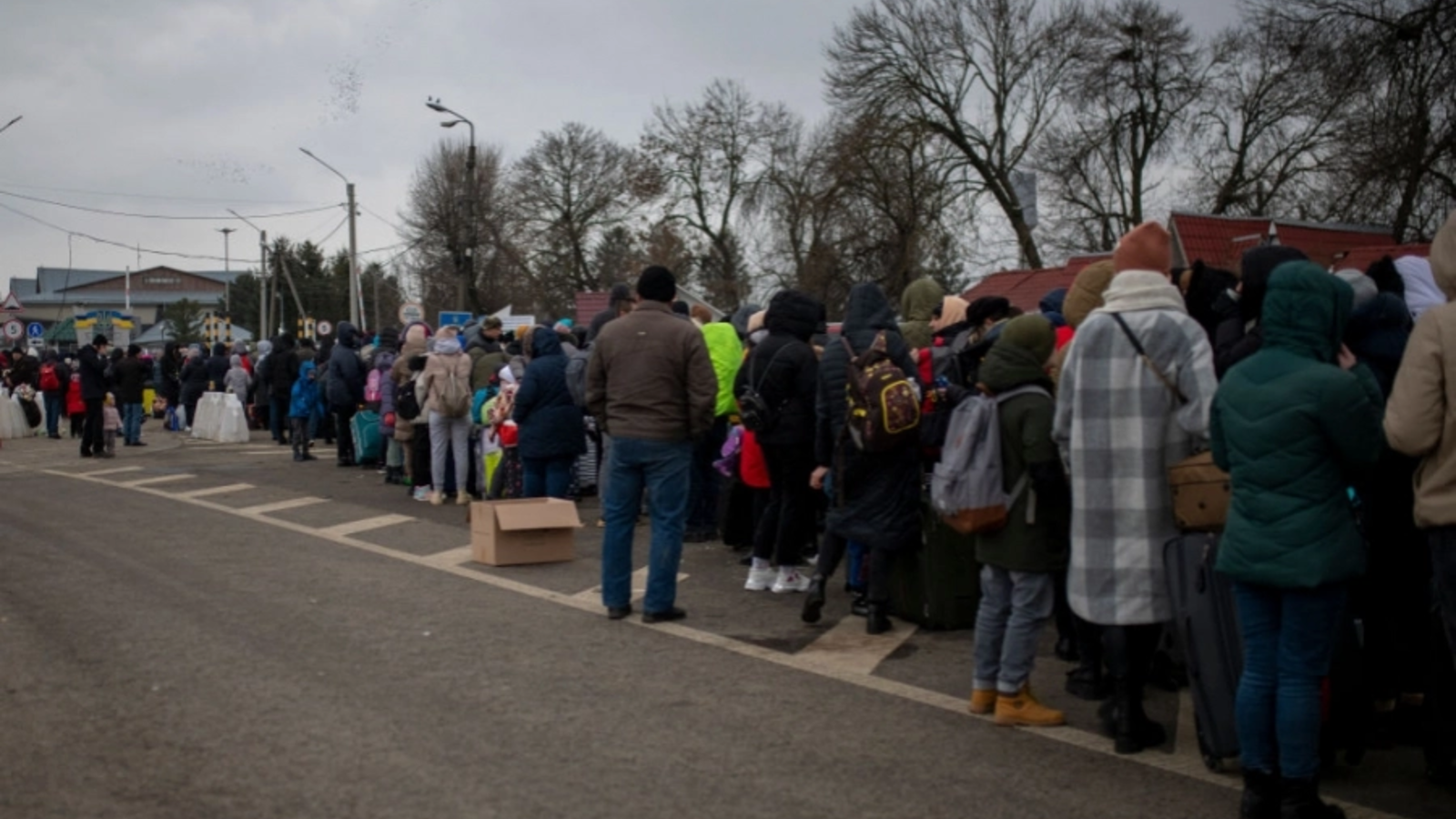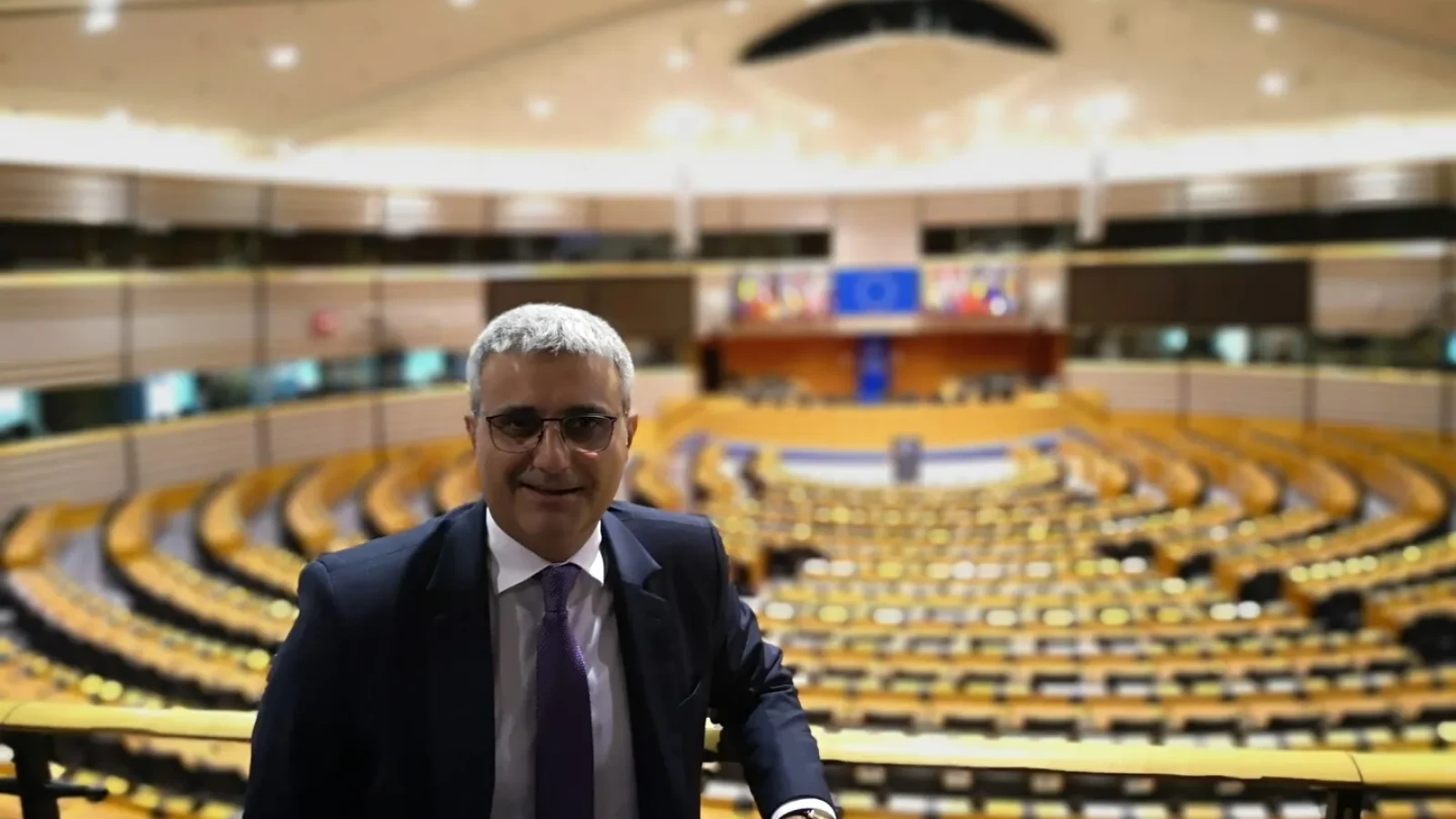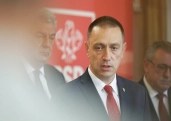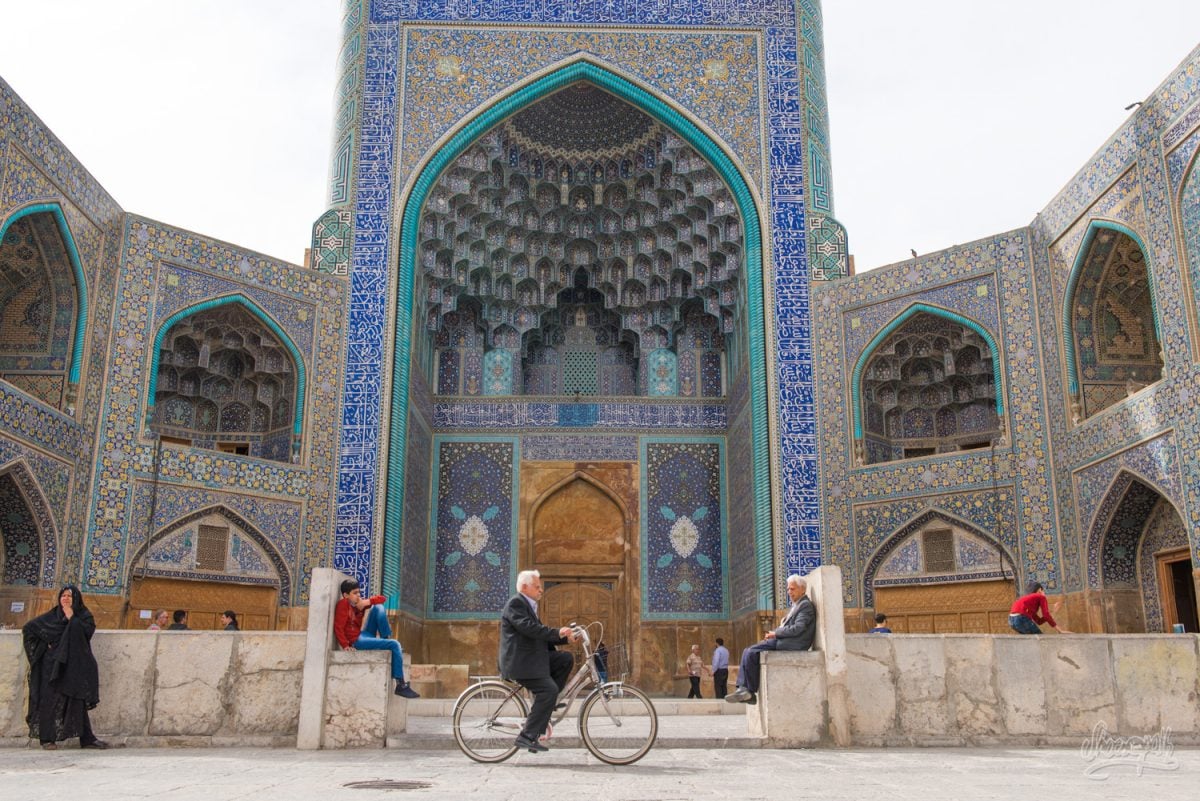Romania adopted specific measures to facilitate the access of refugees to the labour market like work permits and access to public employment services, but the integration of refugees takes a long time and it is a complex process implying multiple mechanisms and policies, at both the national and European level, this was the conclusion of the conference "Economic Inclusion: Refugees on the Labour Market," organized on Monday by the Hands Across Romania Association (HAR), informs Agerpres.
According to a press release sent to AGERPRES on Tuesday, the Ukrainian refugees can receive work permits based on a temporary protection status, which allows them to work without needing a usual work permit. The employment agencies offer mediation and professional counseling services, professional training courses and other support services.
The event, which is part of the project "Increasing resilience through work: support for the integration with the labour market of persons displaced in Romania," brought together experts, representatives of the authorities and the private sector to discuss challenges and solutions posed by the integration with the labour market of displaced persons.
According to the data provided by the UN Agency for Refugees (UNHCR) Romania, as quoted in the above mentioned press release, 162,045 refugees obtained temporary protection status in Romania (at June 30), 16,314 got registered in 2024 for assistance, and 20,360 benefited, as of January 2024, of protection, counseling services and legal support. Moreover, 7,532 refugees received aids and employment services, starting with the beginning of this year.
The vice-president of the Deputies Chamber, Oana Toiu, talked about the legislative regulations that facilitate the economic integration of persons displaced in Romania and also about the need to create monitoring mechanisms. Moreover, she mentioned that the reconstruction process of Ukraine will be a complex one, with mixed teams of Romania and Ukrainian experts to work together.
"This integration with the Romanian economic context comes with multiple challenges, among which the language barrier, the recognition of professional qualifications and limited access to adequate jobs. In order to overcome these obstacles, it is essential to implement professional training programmes and Romanian language courses to facilitate the recognition of diplomas and qualifications obtained in Ukraine and create partnerships between the local authorities, non-governmental organizations and the private sector. Moreover, the psychological and social support is essential in ensuring a harmonious integration and in helping the refugees adapt to the new environment. These concerted efforts can significantly contribute to the efficient integration of refugees and their capitalision in the Romanian economy," reads the press release.
In her turn, the president of the European Employers' Association of Business Women (PEFA), Andreea Neagu, presented a series of mechanisms and strategies through which the organizations in the private sector, especially those led by women entrepreneurs, can support the economic integration of refugees.
Olena Boichuk, the president of the Women Entrepreneurs Association in Ukraine, highlighted the crucial role played by the support and collaboration network between the Ukrainian and the Romanians women entrepreneurs, and underscored the importance of a solidary and cooperative business environment.
The Association Hands Across Romania (HAR), a member of the Federation of Non-Governmental Organizations for Children (FONPC) and the European Alliance for Apprentices (EAfA), implements projects that bring added value to social, cultural and educational services, contributing significantly to the sustainable development of the communities in which they operate.
The project "Increasing resilience through work: supporting the labor market integration of forcibly displaced persons in Romania" supports labor market integration and entrepreneurial development for at least 500 forcibly displaced persons from Ukraine.
































Comentează